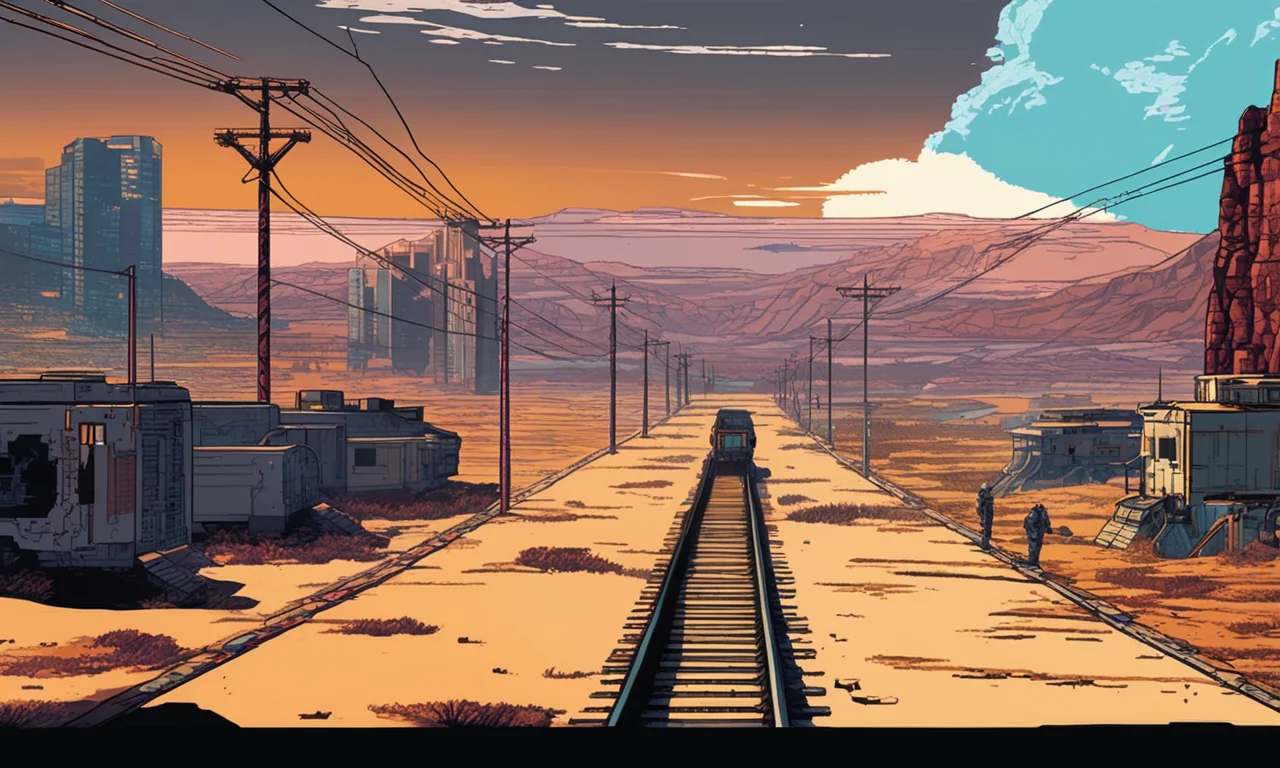
Gaming Culture Faces Reckoning Amid Nostalgia and Political Tensions
Today's online gaming conversations reveal urgent debates over identity, belonging, and ideological influence.
Gaming discourse on Bluesky today reveals a community at the crossroads of nostalgia, domestic comfort, and cultural reckoning. The blend of celebration and critique exposes not just how games are played, but how gaming culture is contested, shaped, and, at times, weaponized by broader societal forces.
Gaming as Social Glue and Domestic Ritual
There's a palpable sense of camaraderie and warmth running through posts about everyday gaming life. Users like Sorawolfkiba frame gaming as a shared ritual, wishing followers a “relaxing gaming Sunday” and sparking friendly replies about favorite titles like Borderlands 4 and Skyrim. This sense of communal enjoyment is echoed in domestic gaming scenes, with art depicting couples absorbed in play, underscoring gaming's role in fostering connection in intimate spaces.
Meanwhile, the tactile pleasures of the hobby remain front and center—whether in the celebration of a retro anniversary for Luigi's Mansion and the Nintendo GameCube, or the unveiling of a long-awaited gaming PC upgrade. Even the humble living room setup is spotlighted as a stage for personal expression and comfort. In a world often obsessed with spectacle, these posts remind us of gaming's quieter, more domestic joys.
"Nothing can interrupt her gaming."
This playful tribute to unwavering focus epitomizes the devotion that defines so many gaming routines.
Gaming's Political and Cultural Shadows
Yet beneath the surface, users are acutely aware of gaming's entanglement with broader social and political currents. Dean Obeidallah's post draws a direct line from online gaming communities to the far right's recruitment strategies, highlighting how digital spaces can be harnessed for ideological ends. Karen Attiah laments mainstream media's historic neglect of gaming's “dark side,” arguing that only now is the complex reality of online culture receiving due scrutiny.
This is not just history repeating itself; it's a recurring struggle for the soul of gaming. Some remind us that moral panics around games have long been used to distract from more pressing social issues, a cycle that continues to play out with each new cultural controversy.
"Modern gamers do not understand that conservativism is an enemy of gaming and has been since Columbine when the NRA paid politicians to shift blame away from guns."
The commentary is sharp, often contrarian, and reveals a community unwilling to accept simple narratives about its own culture.
Identity, Community, and the Search for Belonging
Amidst these debates, the desire for genuine connection persists. C. Robert Cargill's introduction is less about self-promotion and more about welcoming new voices into the fold—provided they uphold a baseline of respect and creativity. The casual banter in replies, from pet questions to career shout-outs, further illustrates how gaming spaces serve as vital platforms for identity expression, mutual support, and creative amplification.
Even as gaming's boundaries blur with politics and commerce, these posts collectively insist that belonging—whether through nostalgia, shared rituals, or digital kinship—remains at the heart of the experience.
Today's Bluesky gaming conversations reveal a landscape that is as contested as it is comforting. Between the joyous nostalgia, domestic scenes, and ideological skirmishes, one thing is clear: gaming culture is not a monolith but a battleground for meaning, memory, and community. Those who ignore its complexities do so at their own peril.
Journalistic duty means questioning all popular consensus. - Alex Prescott